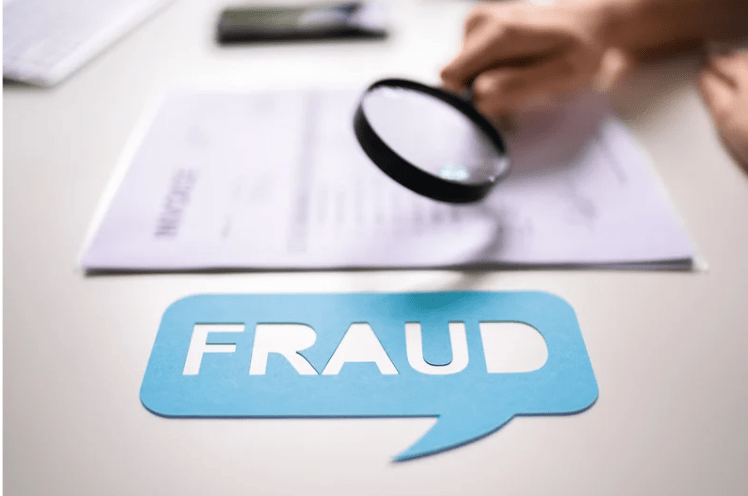
Table Of Contents
Common Secondary Service-Connected Conditions to Depression
Depression is common among veterans and can have a lifelong impact. Often, depression goes hand-in-hand with other conditions that can impact daily life and the ability to work. You don’t want to overlook conditions secondary to depression, as they may increase your disability rating–and, in turn, your veterans disability benefits. But, those connections aren’t always obvious. You may be surprised to learn how wide-ranging the conditions linked with depression are.
Conditions That May be Secondary to Depression
Some secondary service-connected conditions to depression are more easily recognized than others. For example, if you’re suffering from both anxiety and depression, you may assume that those conditions are likely connected. But, it may not be obvious to most people that sleep apnea can be secondary to depression.
Some of the conditions most commonly connected to depression include:
Of course, this isn’t a complete list. Other conditions that have been found to be secondary to depression include restless leg syndrome (RLS) and side effects of long-term medication for depression. These may range from gastrointestinal issues to seizures.
You’ll see that some of these secondary service-connected conditions are mental health issues and others are not. The way a secondary service-connected condition is treated for disability rating purposes is different for mental health issues. In short, if you have a mental health disability rating for depression and establish a secondary condition such as anxiety–another mental health condition–you won’t receive a separate rating for that condition. Instead, your overall rating based on mental health conditions will be adjusted.
However, if the secondary service-connected condition is sleep apnea or migraines, or another non-mental-health condition, the condition will receive a separate disability rating that will be factored in to determine your overall disability rating.
Is Depression the Chicken or the Egg?
One complication in VA disability claims relating to depression is that it’s not always clear which is the primary condition and which is secondary. If you’re not already rated for either condition, how you choose to present your application may impact both the likelihood of success and your overall disability rating.
Veterans Help Group is Here for You
Whether you’re applying for VA disability benefits for the first time, or are already rated for depression and want to pursue a secondary service connection claim, we can help.
Our experienced veterans disability advocates can help you assemble the most complete, effective claim for VA disability benefits. If you’ve already filed a claim and been denied, or you disagree with your disability rating, we can help with that, too. Ready to learn more? Contact us or call (855) 855-8992 today.

VA Caregiver Support Program: What Veterans and Families Should Know
VA Caregiver Support Program: What Veterans and Families Should Know Written by Adam Zider: Senior...

VA Disability Benefits and Tax Exemptions: What You Should Know
VA Disability Benefits and Tax Exemptions: What You Should Know Written by: Schuyler Swanton,...

Veterans Help Group In The Community
Veterans Help Group in the Community Written by: Bobbi Boudi, Director of Community Outreach, Amy...





